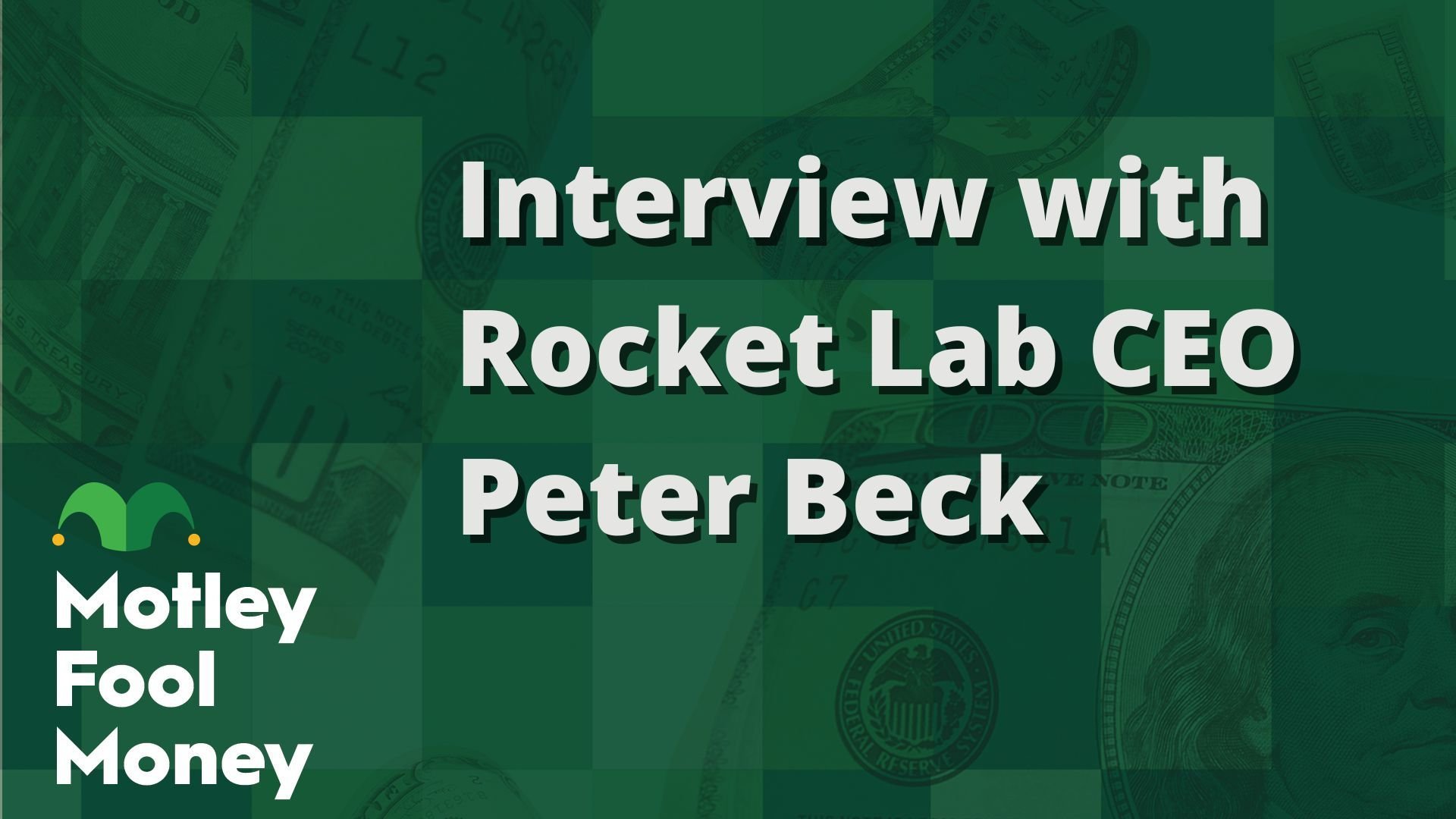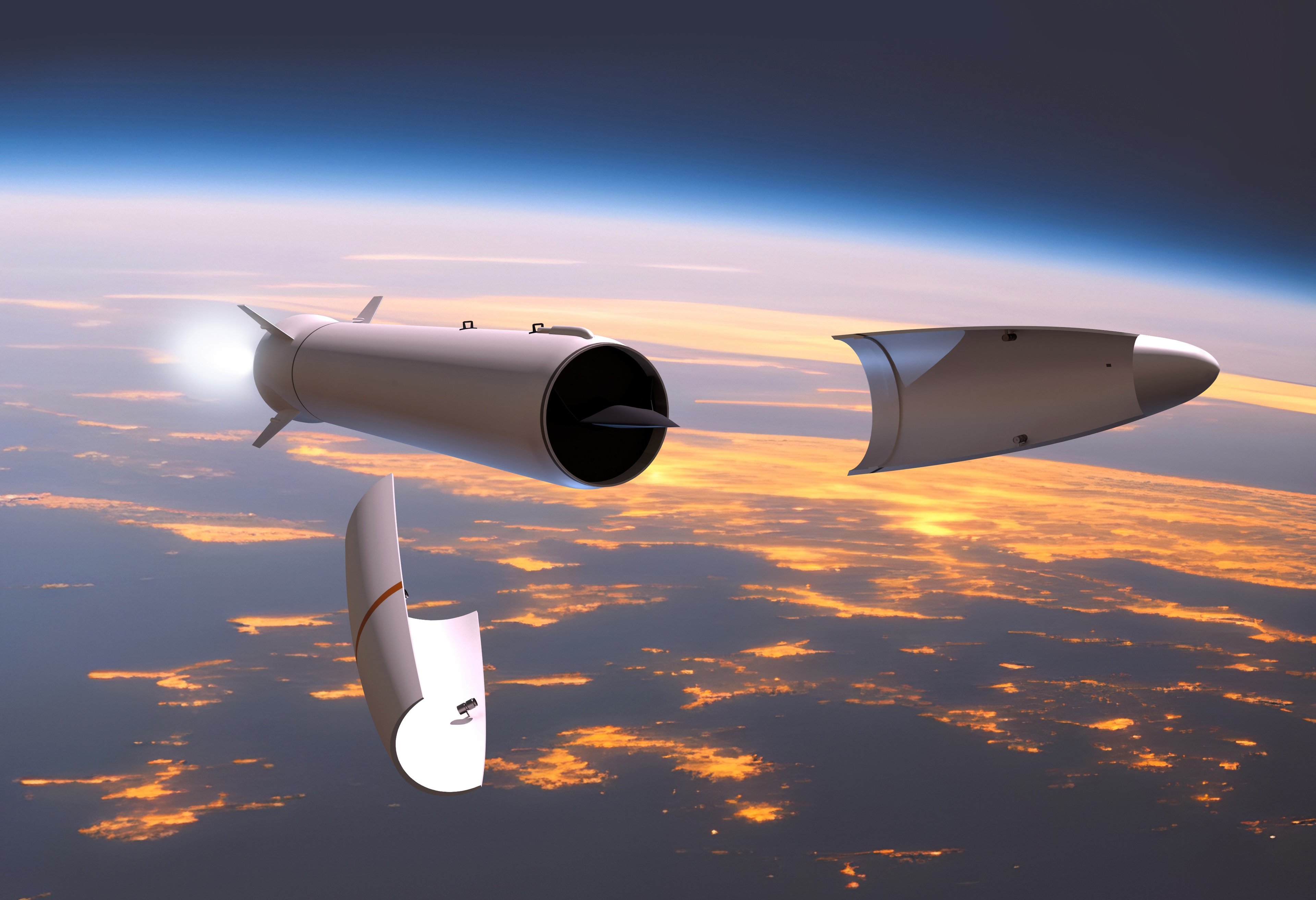Wall Street loves a good David versus Goliath story. But what happens when two Davids are battling entirely different giants?
That's the compelling dynamic between Rocket Lab USA (RKLB 7.68%) and Datadog (DDOG 0.38%) -- two disruptive innovators, each aiming for a trillion-dollar opportunity from opposite ends of the tech frontier. Datadog is entrenched in the red-hot world of artificial intelligence (AI) infrastructure and observability. Rocket Lab is scaling up in the fast-emerging space economy, building the tools -- and rockets -- for a multiplanet future.

Image source: Getty Images.
AI may be grabbing headlines, but investors might be missing a more explosive opportunity just over the horizon. Which of these high-growth stocks is the better buy?
Tale of two trajectories
Rocket Lab reported $123 million in first-quarter 2025 revenue, reflecting 32% year-over-year growth. The company has rapidly evolved from a launch provider into a vertically integrated space systems manufacturer. Its product portfolio now includes satellite buses, solar power systems, separation stages, and flight software.
In 2023, Rocket Lab components were present on approximately 38% of all orbital missions, a testament to its growing influence in the commercial space supply chain. The upcoming Neutron rocket, designed for medium-lift launches and human-rated capability, could further position Rocket Lab as a key player in the next phase of orbital access.

NASDAQ: RKLB
Key Data Points
Datadog posted $762 million in first-quarter revenue, representing 25% year-over-year growth and beating analyst expectations. The observability platform now serves 3,770 customers generating more than $100,000 in annual recurring revenue.
More importantly, the company's strategic push into AI observability is gaining traction. AI-native companies now account for 8.5% of total annual recurring revenue, up from just 3.5% a year ago. This surge highlights Datadog's growing relevance as AI workloads become central to enterprise infrastructure.
Racing for different finish lines
This is where conventional wisdom starts to break down. Datadog operates in the observability market, which is projected to grow at a steady 12.2% annually through 2030. That's impressive, but Rocket Lab is targeting a much more explosive opportunity -- the deployment of over 10,000 satellites requiring launch services by decade's end. This will support a total addressable market expected to exceed $10 billion.
SpaceX currently holds a dominant position, accounting for approximately 87% of global launch mass. However, Rocket Lab's upcoming Neutron rocket could shift the dynamics.
With a target launch price between $50 million and $55 million, Neutron undercuts SpaceX's $67 million Falcon 9 and is purpose-built for medium-lift missions, a segment where meaningful competition is limited. If Rocket Lab delivers on schedule and performance, it could inject long-awaited price pressure into the market and capture a significant share of future demand.
Customer proof points tell the story
Rocket Lab's recent contract wins underscore growing customer confidence and repeat business. The company completed its tenth mission for BlackSky, deploying next-generation imaging satellites. It's also executing an eight-launch agreement with iQPS, supporting the buildout of a radar satellite constellation.
On the defense front, Rocket Lab is conducting hypersonic test missions for the U.S. Department of Defense under the HASTE program. These contracts reflect sustained demand and a growing role in national and commercial space infrastructure.
Datadog also demonstrates strong customer traction. Companies like AppFolio, Asana, and Twilio rely on its observability platform. Its recent acquisition of AI-focused start-up Metaplane positions the company to meet rising demand for data quality monitoring as enterprises expand their use of AI. With 83% of customers using two or more Datadog products, the company continues to execute its land-and-expand strategy with precision.

NASDAQ: DDOG
Key Data Points
The valuation paradox
Datadog faces intensifying competition from Amazon's AWS, Microsoft's Azure, and Alphabet's Google Cloud, each of which bundles observability tools directly into its platform. These hyperscalers can undercut Datadog on pricing while investing heavily in research and development, backed by massive cash flow.
Rocket Lab's higher valuation reflects its scarcity value. There are only two viable Western commercial launch providers, and only Rocket Lab is publicly traded. As the Department of Defense prioritizes launch diversity and commercial satellite constellations continue to expand, Rocket Lab's position as the sole investable alternative to SpaceX becomes more strategically important.
The surprising verdict
While both stocks deserve spots on growth investors' watch lists, Rocket Lab emerges as the superior growth investment. The company's 32% revenue growth outpaces Datadog's 25%, and its Neutron catalyst could transform it from a small-sat specialist into a genuine SpaceX competitor. Most importantly, Rocket Lab operates in a market with insurmountable barriers to entry.
Datadog remains a solid growth story, but its path involves navigating an increasingly crowded field where every major cloud provider wants market share. In the battle between monitoring software and launching rockets, physics wins. Rocket Lab's combination of proven execution, massive market opportunity, and the upcoming Neutron launch make it the more compelling growth story -- even if Wall Street hasn't fully realized it yet.





